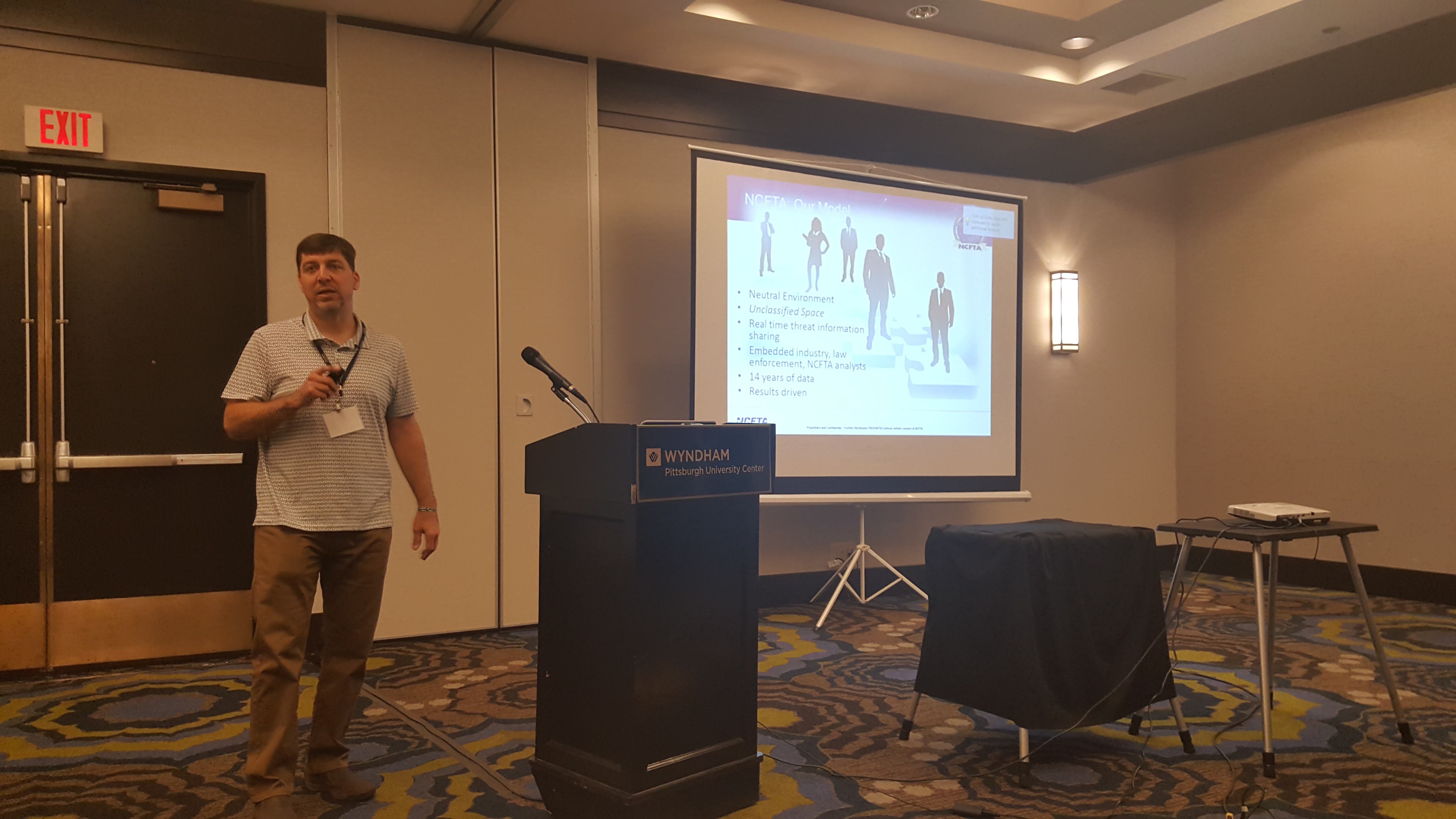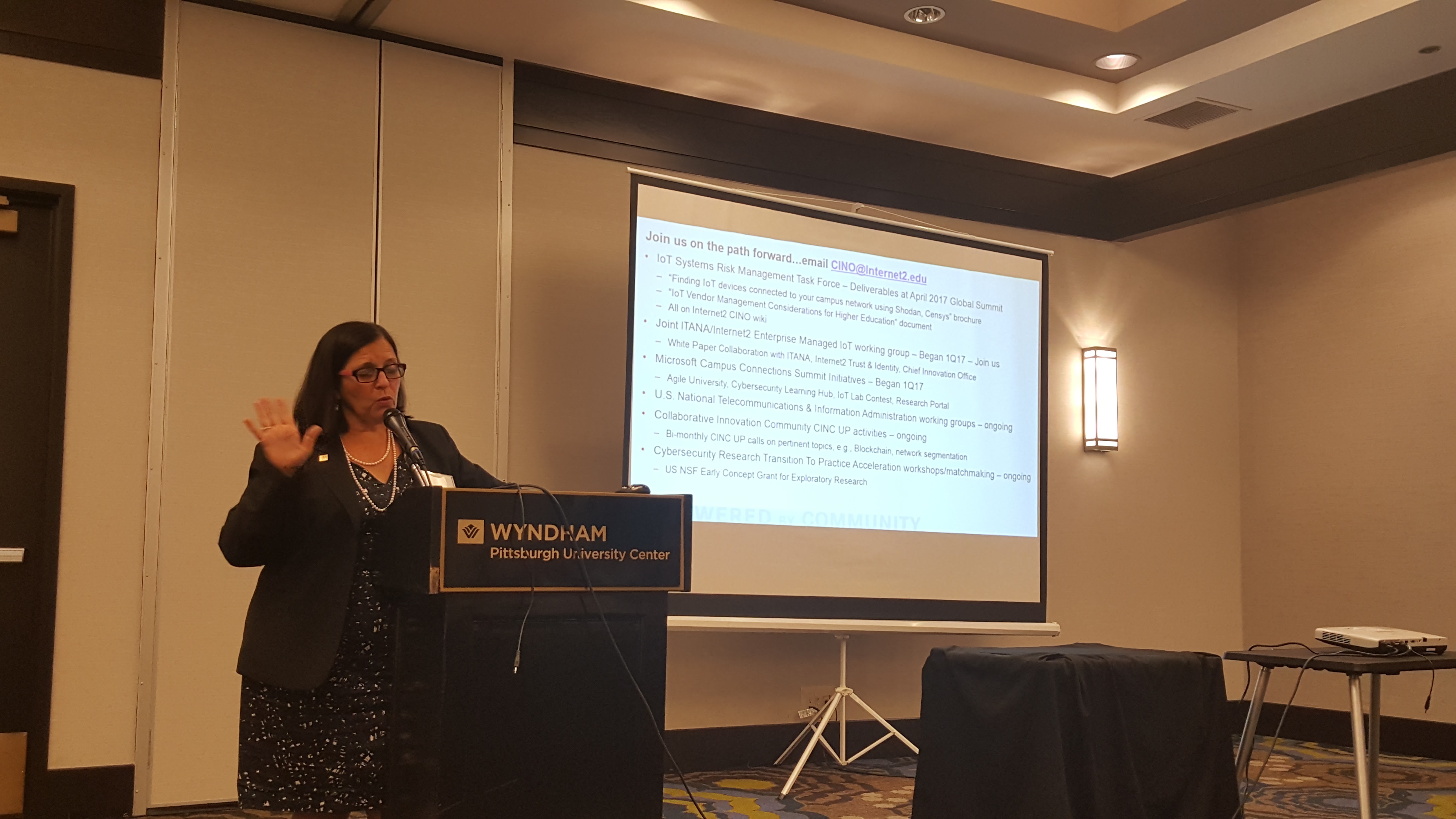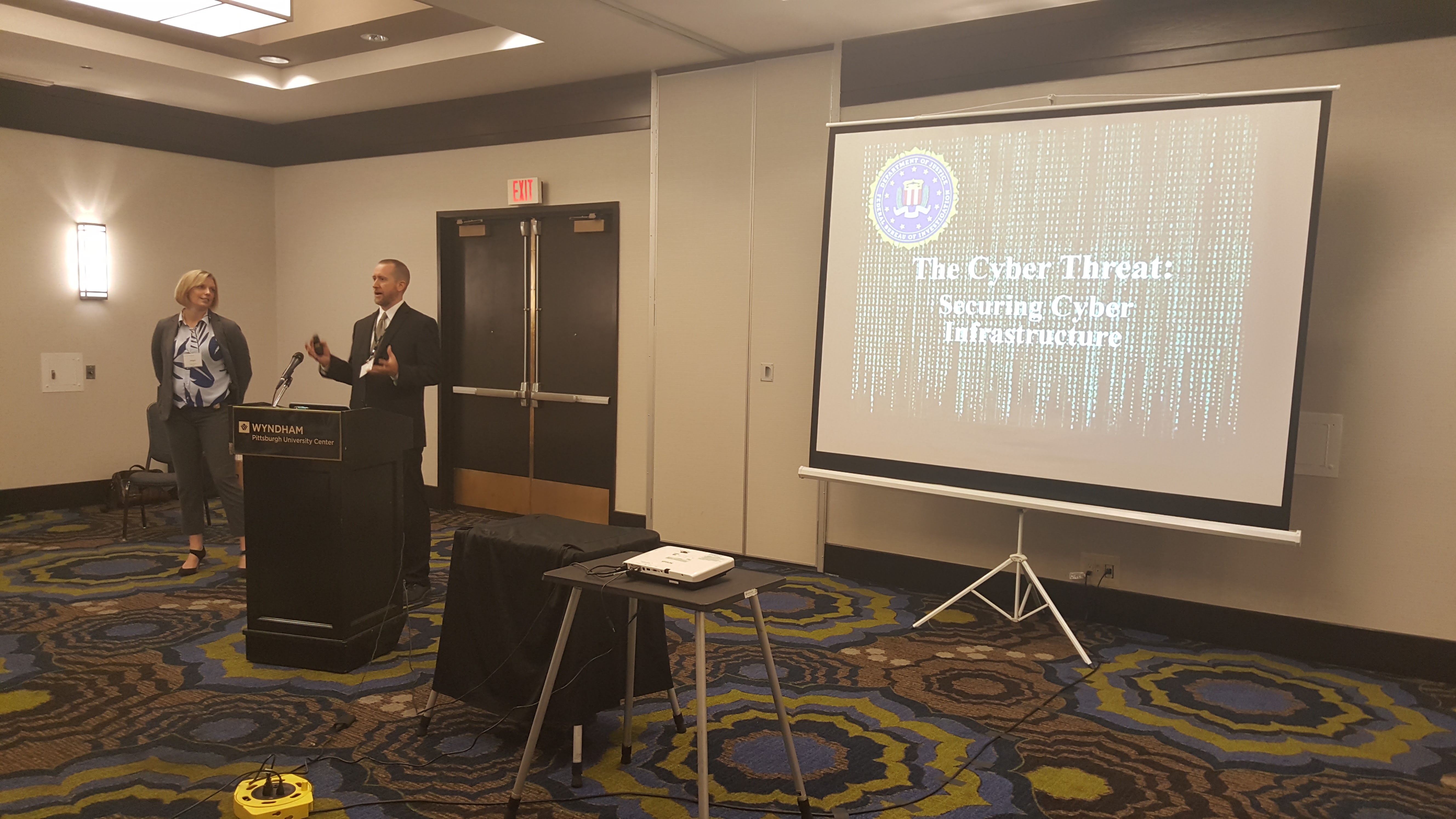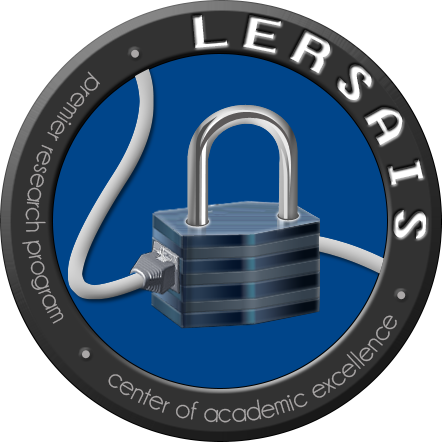Bio: David J. Hickton is the director of the University of Pittsburgh
Institute for Cyber Law, Policy, and Security.
Hickton was nominated for United States Attorney for the Western District of
Pennsylvania by President Barack Obama on May 20, 2010, and was confirmed by
the U.S. Senate on Aug. 5, 2010. He was sworn in as the District's 57th U.S.
Attorney on Aug.12, 2010. Prior to becoming U.S. Attorney, Mr. Hickton
engaged in the private practice of law, specifically in the areas of
transportation, litigation, commercial and white collar crime. Mr. Hickton
began his legal career serving as a Law Clerk for the Honorable United
States District Judge Gustave Diamond from 1981 to 1983. For more than a
decade, Mr. Hickton was an Adjunct Professor of Law at Duquesne University
School of Law where he taught antitrust. Mr. Hickton is a Fellow in the
American College of Trial Lawyers, and a Fellow of the Academy of Trial
Lawyers of Allegheny County. Mr. Hickton has been admitted before the United
States Supreme Court, the Pennsylvania Supreme Court, the United States
District Court for the Western District of Pennsylvania and several of the
U.S. Circuit Courts.
Previously, Mr. Hickton was involved in a wide range of community
activities, and has long been an active supporter of and participant in
organizations which benefit children and the arts. He is a past Executive
Board Member of the Pittsburgh Public Theater, and served as its President.
Mr. Hickton also was a longtime member of the Pittsburgh Cultural Trust, a
non-profit organization that uses arts and culture to reinvigorate the
Downtown. His nomination as United States Attorney marks Mr. Hickton's
second Presidential appointment. From 1999 to 2001, Mr. Hickton served on
the President's Advisory Committee on the Arts for the John F. Kennedy
Center for the Performing Arts at the request of then-President Bill
Clinton.
Mr. Hickton is a 1978 graduate of the Pennsylvania State University and a
1981 graduate of the University of Pittsburgh School of Law.








